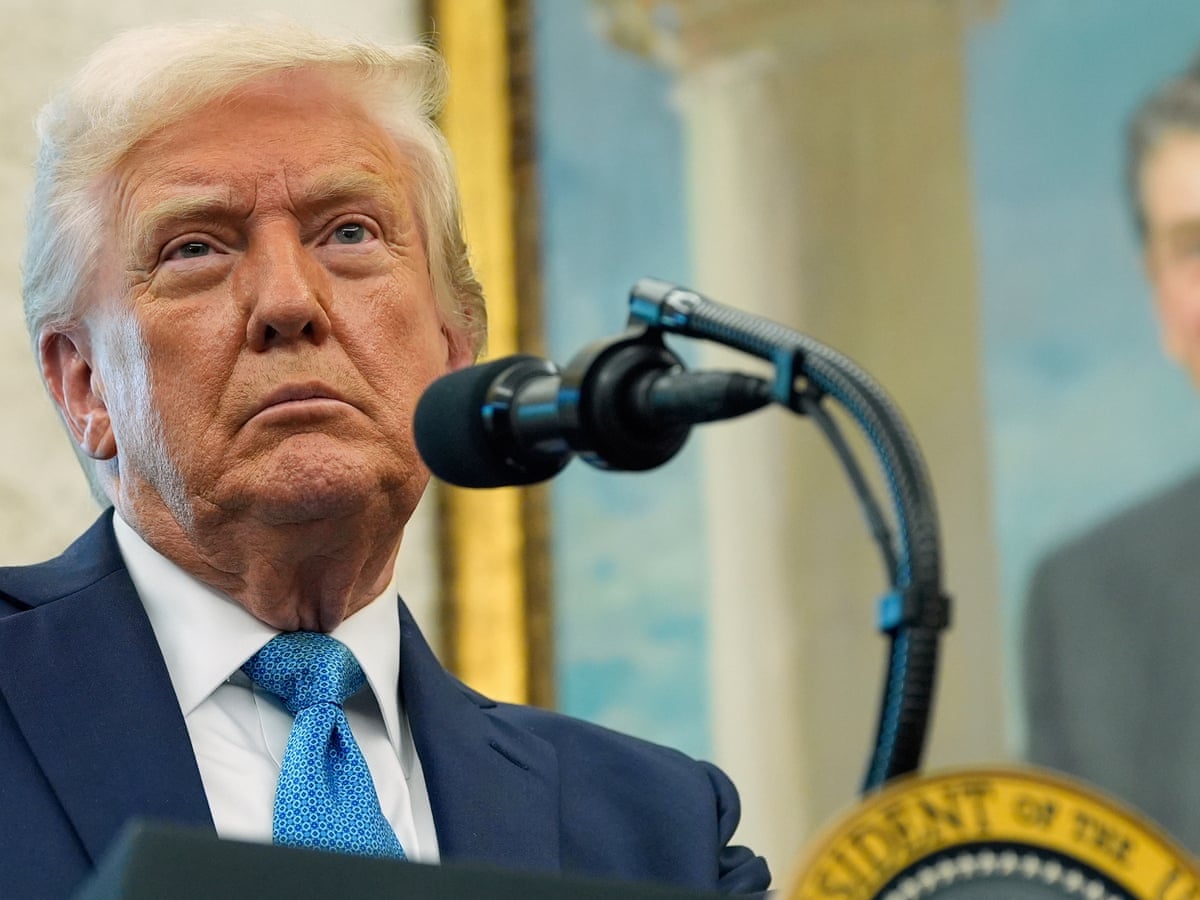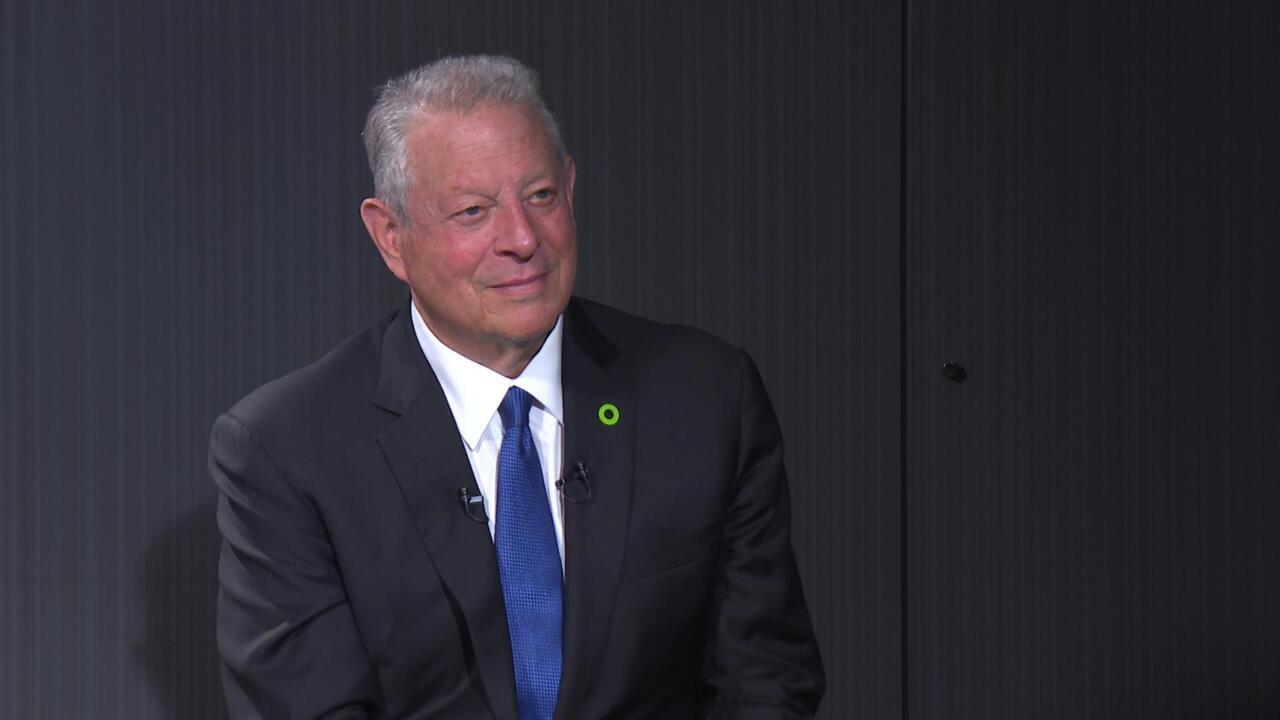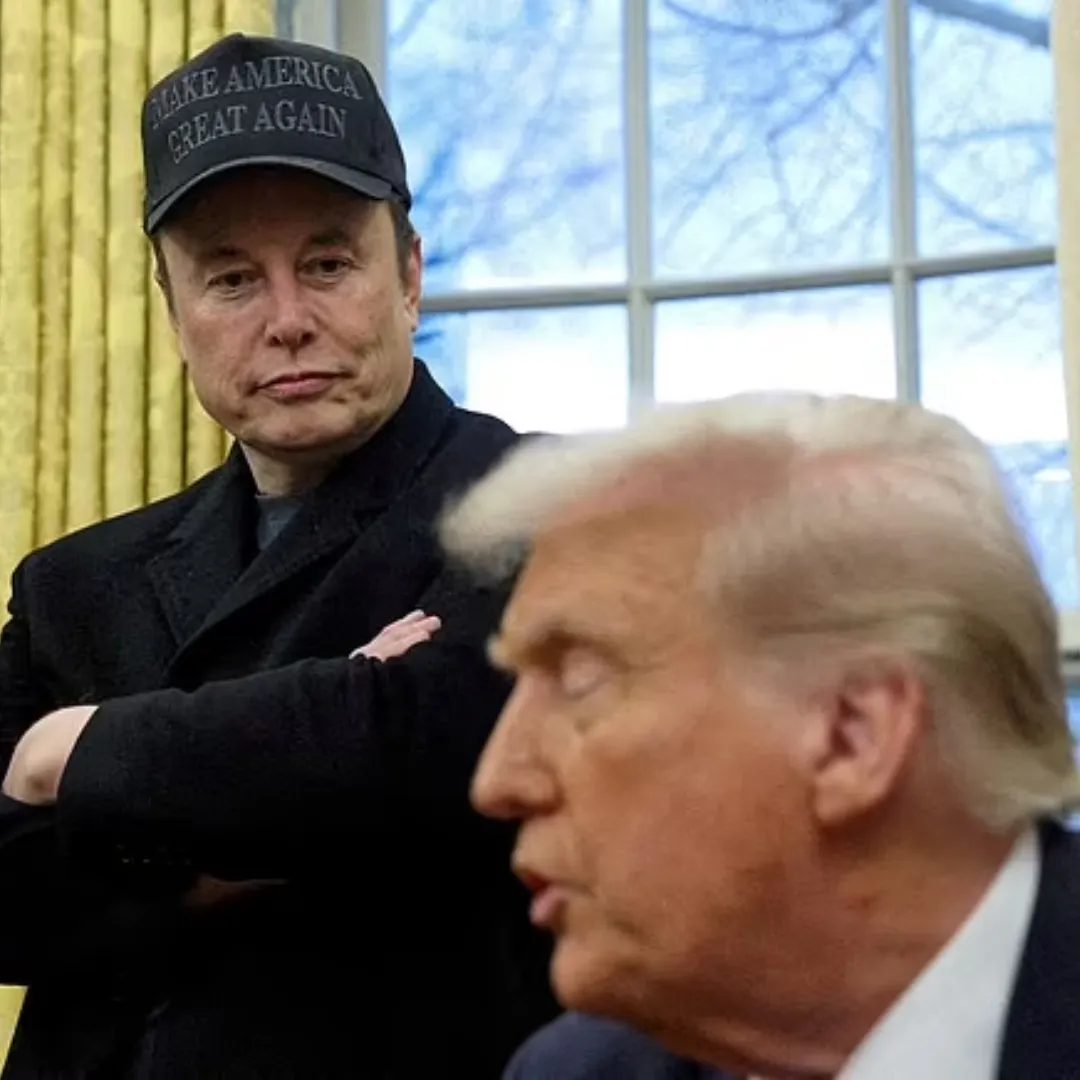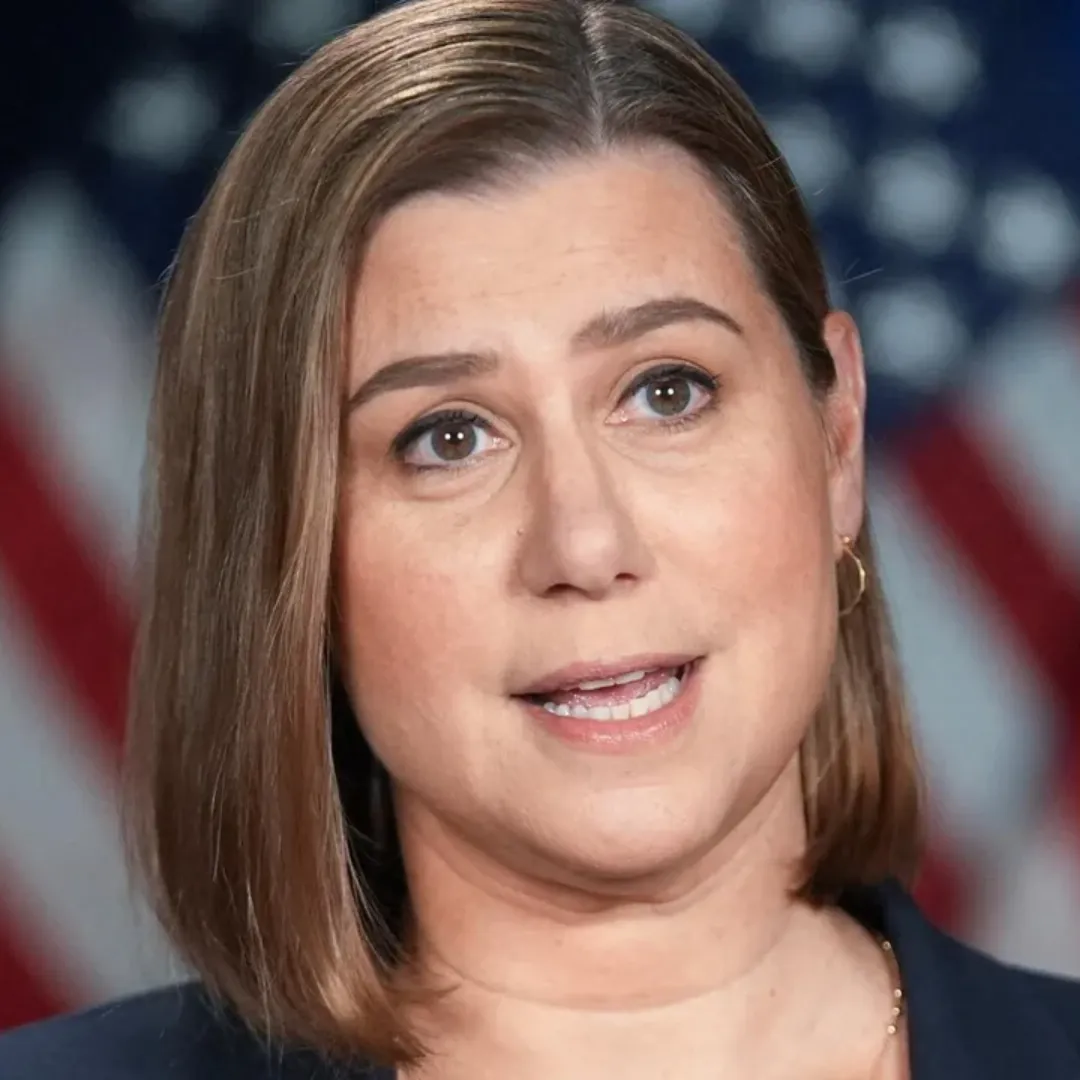Former Vice President Al Gore has issued one of the most direct and historically grounded warnings yet about former President Donald Trump’s return to the political spotlight, declaring that the United States Constitution, as crafted by the Founding Fathers, was designed specifically to prevent the rise of individuals like Trump.
In an era marked by partisan division and democratic strain, Gore’s words carry the weight of both personal experience and institutional insight, framing Trump not simply as a political adversary, but as a systemic threat the nation’s earliest architects foresaw and tried to prevent.
In a recent statement, Gore did not mince words. "Our Constitution, written by our Founders, is intended to protect us against a threat identical to Donald Trump," he said, signaling what many believe to be the most urgent challenge to American democratic stability since the Watergate era.
The former vice president’s remarks are not only a condemnation of Trump’s actions but a broader reflection on the fragility of constitutional governance when it is tested by personalities who do not respect institutional boundaries.
Al Gore is no stranger to contested elections or high-stakes political drama. In the year 2000, he became the central figure in one of the closest and most controversial presidential elections in U.S. history.
After weeks of recounts and legal battles, Gore ultimately accepted a Supreme Court ruling that handed victory to George W. Bush, despite winning the popular vote nationwide. That decision, though bitter for many Democrats, was widely viewed as a reaffirmation of the American tradition of peaceful transfer of power.
In the years that followed, Gore largely stepped back from frontline politics, dedicating his life to climate change activism and global awareness. But in recent years, the former vice president has grown increasingly vocal about the erosion of democratic norms, disinformation, and the long-term consequences of a political culture driven by personal ambition and grievance.

Gore’s warning about Trump echoes a line of reasoning that has become more common among constitutional scholars, former officials, and civil society leaders who argue that Trump’s presidency—and his continued influence—represent a unique challenge to the American constitutional order.
His refusal to accept the results of the 2020 presidential election, his attempts to pressure state officials and members of the Justice Department, and his role in encouraging the January 6 Capitol insurrection have all been cited as evidence of his disregard for the norms and guardrails of democratic leadership.
Gore’s comparison is rooted in historical fact. The architects of the Constitution were deeply concerned about concentrated power and the potential rise of demagogues—charismatic figures who could exploit public sentiment, disregard legal norms, and position themselves above the rule of law.
The Federalist Papers, written by Alexander Hamilton, James Madison, and John Jay, warn repeatedly of the dangers posed by leaders who seek to manipulate the masses for personal gain. They stressed the importance of institutional checks, accountability mechanisms like impeachment, and the diffusion of power among the branches of government as bulwarks against tyranny.
By placing Trump squarely within that tradition of danger, Gore is not simply offering a political critique but articulating a structural warning. He is saying that Trump is not just an aberration or a controversial president, but a living embodiment of the very crisis the Constitution was designed to prevent.
In doing so, Gore frames the stakes of the current political moment as existential, not just for the Democratic Party or the progressive movement, but for the future of the republic itself.
The timing of Gore’s comments is significant. Trump is currently the frontrunner for the Republican nomination in 2028, maintaining a strong base of support within his party despite multiple criminal indictments, ongoing civil cases, and widespread controversy over his behavior both in and out of office.
His rallies continue to draw large crowds, his media influence remains strong, and his political allies have worked to reshape local and state institutions to reflect his ideological priorities. At the same time, democratic backsliding around the world and increasing polarization within the United States have heightened anxieties about whether constitutional systems can endure when confronted with sustained political pressure.

Gore’s remarks also come amid broader debates about the limits of presidential power and the effectiveness of existing legal and institutional constraints. Trump’s presidency revealed vulnerabilities that many Americans had never considered, including the extent to which tradition rather than law governs executive behavior.
From refusing to divest from his private business interests, to deploying federal forces against protesters, to attempting to overturn certified election results, Trump repeatedly tested boundaries that had previously gone unchallenged. Each of these actions prompted debate not only about legality but about whether the system could prevent future abuses if similar tactics were employed by others.
For Gore, these are not academic concerns. He has long believed in the power of public institutions and civic norms, and he sees the Trump era as a direct assault on both.
His invocation of the Constitution is meant to remind Americans that their system of government is not self-sustaining; it depends on leaders who are willing to accept limits, honor facts, and protect the democratic process. In his view, Trump’s behavior violates those basic principles, and it is incumbent upon the public and elected officials alike to recognize the danger before it is too late.
The reaction to Gore’s comments has been predictably polarized. Supporters of the former president have dismissed his remarks as fearmongering and partisan theatrics.
Conservative commentators have accused Gore of hypocrisy, citing his own protracted legal fight in the 2000 election as evidence that he, too, challenged democratic outcomes when they did not go his way. But Gore’s defenders note that he ultimately accepted the Supreme Court’s ruling and called for unity, setting aside his personal disappointment for the sake of national stability.
That choice, they argue, stands in sharp contrast to Trump’s behavior following the 2020 election, which included unfounded claims of fraud, pressure campaigns targeting state election officials, and incendiary rhetoric that culminated in a violent breach of the U.S. Capitol.
Legal experts have also weighed in. Some agree with Gore’s assessment and have pointed to historical documents and constitutional debates that show a clear concern among the Founders about the rise of unchecked executive authority. They argue that the Constitution was designed not only to facilitate governance but to protect the republic from internal threats posed by leaders who place personal ambition above public duty.

Others caution that such comparisons, while dramatic, may risk alienating voters who see them as exaggerated or politically motivated. They suggest that defending democracy requires both vigilance and the ability to persuade, not just condemn.
Nevertheless, Gore’s words resonate with those who fear that the United States is entering a period of permanent political crisis. With election deniers gaining traction, democratic institutions under strain, and public trust in government declining, the stakes are undeniably high.
The former vice president’s statement serves as both a call to action and a sobering assessment of the road ahead. He is urging Americans to remember not just who they are, but why the Constitution was written in the first place—to create a system capable of resisting tyranny, corruption, and demagoguery.
As the nation approaches another presidential election, the lessons of the past are more relevant than ever. The Founders understood that no system is immune to failure. They built mechanisms of accountability, but they also assumed a degree of civic virtue and collective responsibility.
That assumption, Gore warns, is now being tested. Whether or not the American people are prepared to rise to that challenge may determine not just the outcome of an election, but the future of the American experiment itself.
In framing Trump as the very threat envisioned by the Constitution’s authors, Al Gore is not engaging in hyperbole. He is drawing on history, precedent, and principle to sound an alarm that he believes cannot be ignored.

His message is clear. The Constitution still matters. The rule of law still matters. But neither can protect the country on their own. That task, Gore reminds us, belongs to the people. And the time to act, he suggests, is now.




